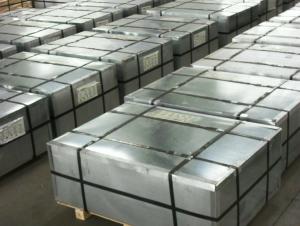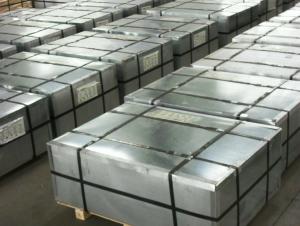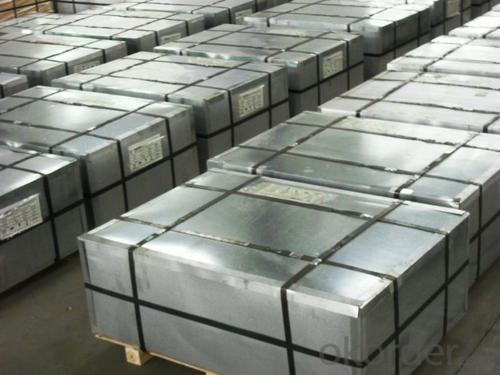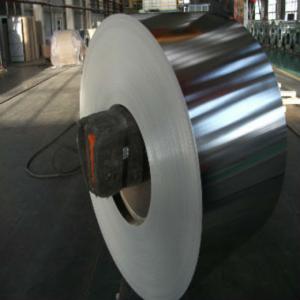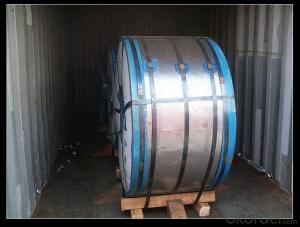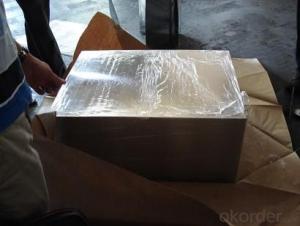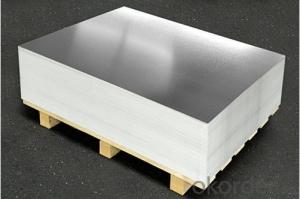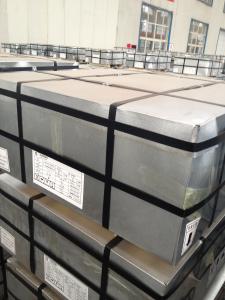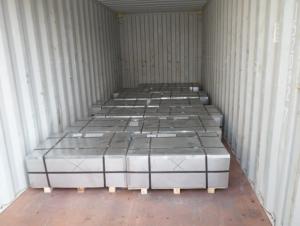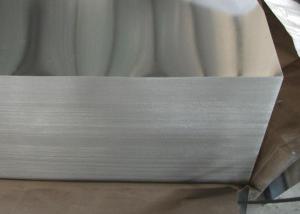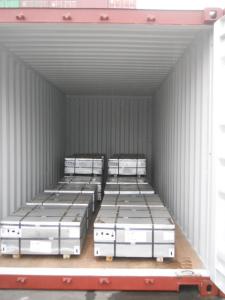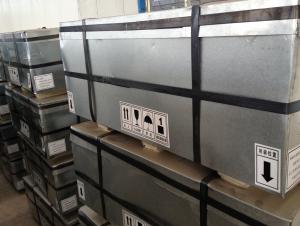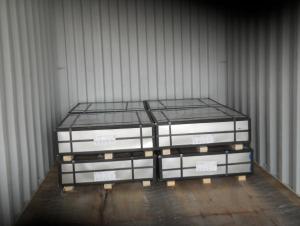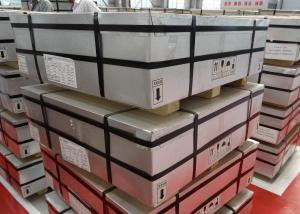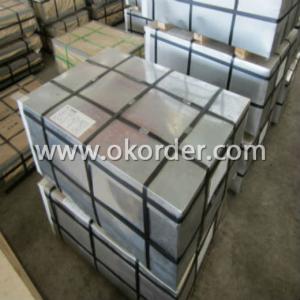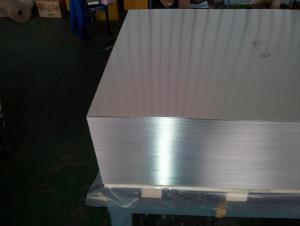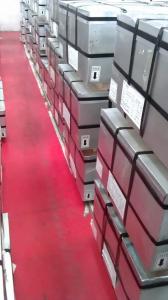Dubai Market Use Tinplate For Vegetable Can-CHBA Made In China
- Loading Port:
- Tianjin
- Payment Terms:
- TT/LC
- Min Order Qty:
- 20 Tons~ 25 Tons m.t.
- Supply Capability:
- 40000 MT Per Month m.t./month
OKorder Service Pledge
OKorder Financial Service
You Might Also Like
General information of Tinplate for Vegetable Can
Steel Type | MR |
Temper (BA&CA) | T1~T5, DR8 |
Coating | 2.8~8.4g/m2 |
Thickness & Tolerance | 0.15~0.5mm (Tolerance:±0.01mm) |
Width & Tolerance | 600~1000 mm(Tolerance: +2/-0mm) |
I.D | 508 MM |
Coil Weight | 3~10 MT |
Passivation | 311 |
Oiling | DOS |
Surface Finish | Bright ,Stone ,Silver ,Matte |
Min Order | 25 Tons for 1 20 feet FCL |
Package | Seaworthy Export Standard Wooden Pallet |
Standard Available | GB/T2520-2000, JIS G3303, ASTM A623, BS EN10202 |
Lead Time | 35 days after receiving buyer's original L/C or Prepayment |
Special specifications are available on customers' requirements. | |
Technical data of Tinplate for Vegetable Can
Chemical Composition(%) | Mechanical Property |
C:0.04~0.06 | Yield Strength: (Mpa):280~320 |
Si:0.01~0.03 | TensileStrength: (Mpa):340~390 |
Mn:0.18~0.22 | Elongation:20%~30% |
P:0.014~0.016 | ------------- |
S:0.006~0.009 |
Application of Tinplate for Vegetable Can
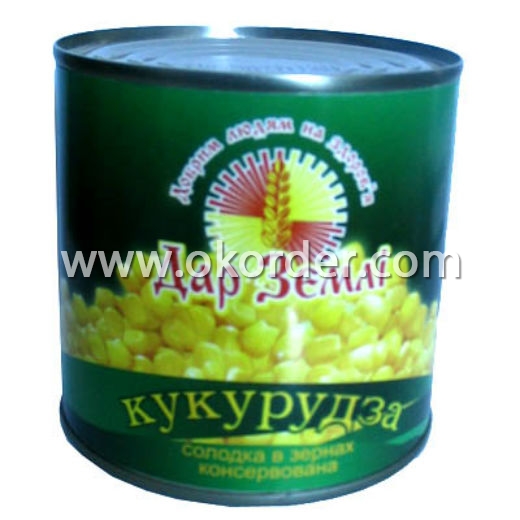
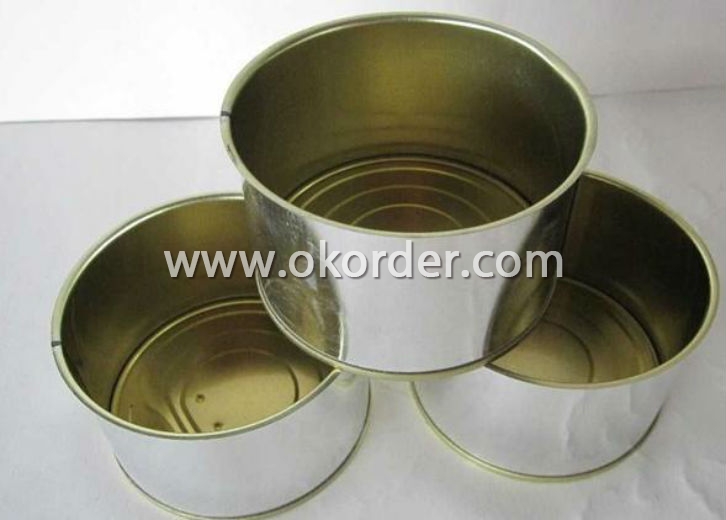
Tinplate is widely used for making all types of containers such as artistic cans, tea cans, painting cans,
chemical package cans and metal printing etc. Its applications are not limited to containers; recently,
tinplate has also been used for making electrical machinery parts and many other products.
Equipment and Facility of Tinplate
Tin Coating Line of Tinplate
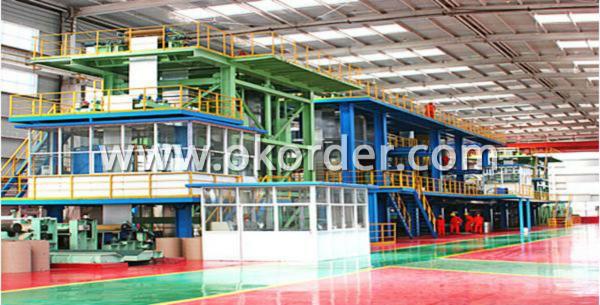
Cold Rolling Mill Batch Annealing Furnaces
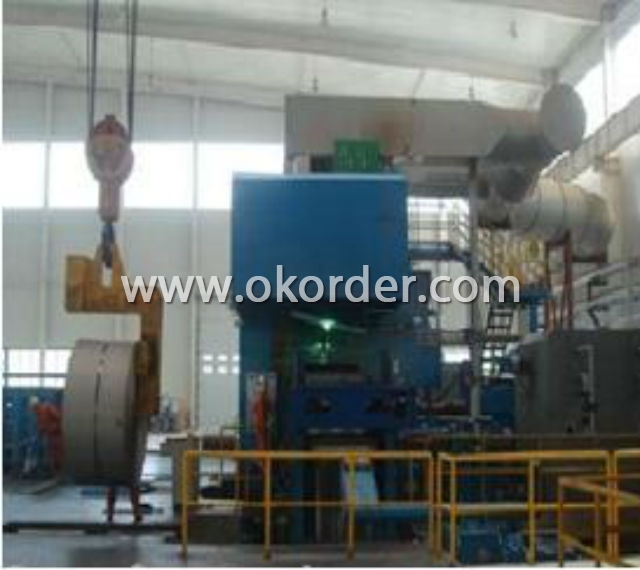
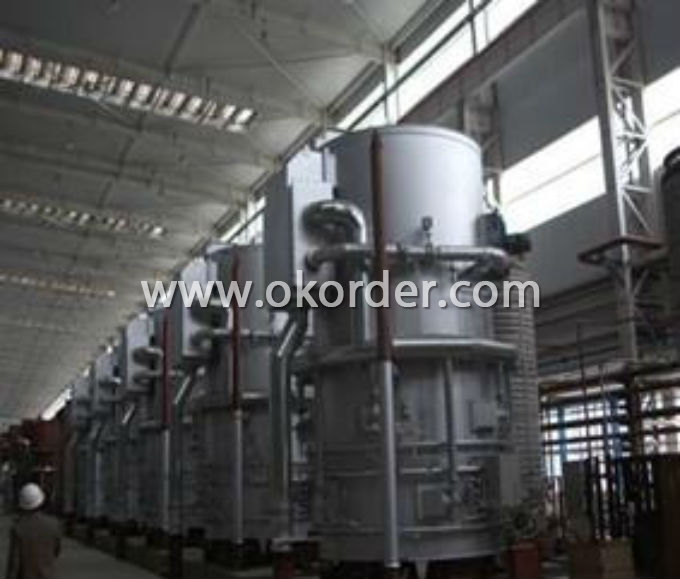
Cutting Line Stock Area
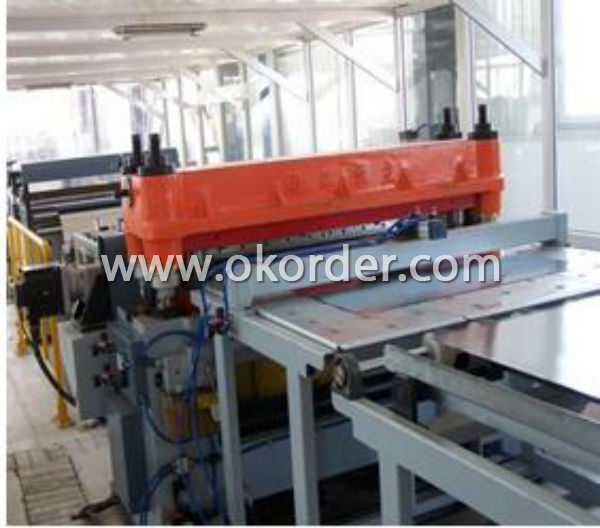
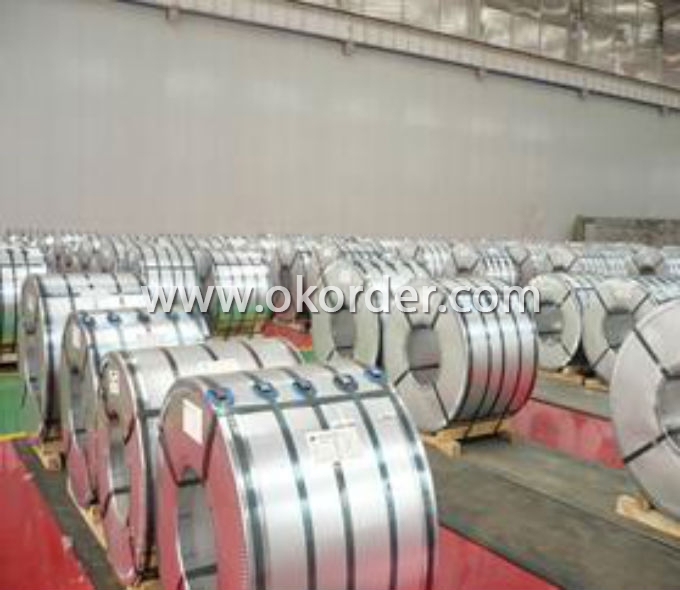
Quantity Control System of Tinplate
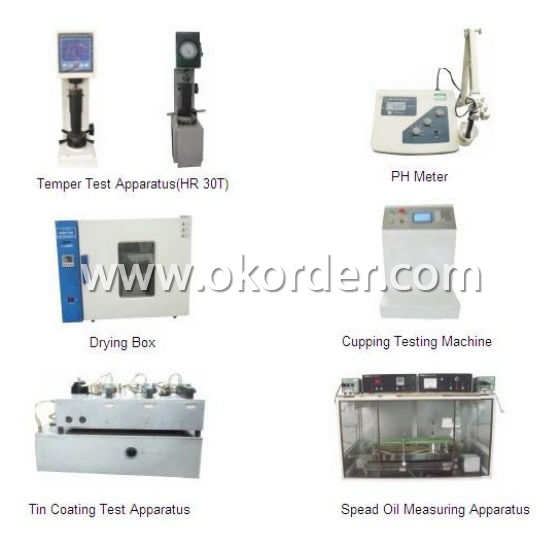
- Q: Can tinplate be used for automotive components?
- Yes, tinplate can be used for automotive components. Tinplate is a type of steel coated with a thin layer of tin, which provides excellent corrosion resistance and durability. Automotive components such as fuel tanks, exhaust systems, and body panels can be made from tinplate due to its strength, formability, and resistance to rust.
- Q: How is tinplate coated for toys and games?
- Tinplate is commonly coated for toys and games using a process called electroplating, where a thin layer of tin is applied to the surface of the metal. This coating provides a protective barrier against corrosion and enhances the aesthetics of the toys and games.
- Q: How does tinplate withstand corrosion?
- Tinplate withstands corrosion due to the protective properties of tin. The tin coating acts as a barrier between the underlying steel and the surrounding environment, preventing direct contact and oxidation. Tin has excellent corrosion resistance, even in humid and acidic conditions, making tinplate a reliable and durable material for various applications.
- Q: How does tinplate contribute to the circular economy?
- Tinplate contributes to the circular economy by being easily recyclable and having a long lifespan. It can be collected, sorted, and recycled multiple times without losing its properties, reducing the need for virgin materials. Additionally, tinplate's durability and corrosion resistance make it suitable for reuse, further extending its life cycle. This promotes resource efficiency, reduces waste, and minimizes environmental impact, making tinplate an important component in the circular economy.
- Q: Can tinplate packaging be used for sports equipment?
- Yes, tinplate packaging can be used for sports equipment. Tinplate is highly durable and can provide excellent protection for various types of sports equipment, such as balls, bats, or even smaller items like goggles or accessories. Additionally, tinplate packaging can be customized and designed in various shapes and sizes to fit the specific requirements of different sports equipment.
- Q: How is tinplate coated for cosmetic packaging?
- Tinplate is typically coated for cosmetic packaging through a process called electrolytic tin plating. This involves immersing the tinplate in a bath containing a tin salt solution and passing an electric current through it. As a result, a layer of tin is deposited onto the surface of the tinplate, providing a protective coating that prevents corrosion and enhances the overall aesthetics of the packaging.
- Q: What are the main challenges in tinplate canning process?
- There are several main challenges in the tinplate canning process. One of the challenges is ensuring the integrity of the cans, as any defects or weaknesses in the tinplate can compromise the safety and quality of the canned product. Another challenge is achieving a consistent and tight seal on the cans, as improper sealing can lead to leakage and spoilage. Additionally, maintaining hygiene and preventing contamination during the canning process is crucial to prevent the growth of bacteria or other microorganisms. Finally, managing the overall efficiency and productivity of the canning process while meeting high-quality standards can be a challenge, as it requires careful coordination and optimization of various factors such as production speed, temperature control, and quality control measures.
- Q: What are the advantages of using tinplate for signage?
- Some advantages of using tinplate for signage include its durability, versatility, and affordability. Tinplate is a strong and sturdy material that can withstand harsh weather conditions, making it suitable for outdoor signage. It can be easily molded into various shapes and sizes, allowing for creative and eye-catching designs. Additionally, tinplate is relatively cost-effective compared to other materials used for signage, making it a practical choice for businesses looking for a cost-efficient solution.
- Q: How is tinplate formed into different shapes?
- Tinplate is formed into different shapes through a process called cold forming or deep drawing, which involves pressing the tinplate against a die to reshape it into the desired shape.
- Q: What are the advantages of using tinplate for construction materials?
- There are several advantages of using tinplate for construction materials. Firstly, tinplate is highly durable and resistant to corrosion, making it suitable for both indoor and outdoor applications. Secondly, tinplate has excellent formability, allowing it to be easily shaped into various complex designs and structures. Additionally, tinplate is lightweight, which makes it easier to transport and handle during construction. Lastly, tinplate is a sustainable option as it is recyclable, contributing to the overall environmental friendliness of construction projects.
1. Manufacturer Overview
| Location | Hebei,China |
| Year Established | 2009 |
| Annual Output Value | Above US$100 Million |
| Main Markets | North America;South America; Eastern Europe Southeast Asia; Africa; Mid East Eastern Asia; Western Europe; Central America Northern Europe; Southern Europe; Domestic Market |
| Company Certifications | HACCP;ISO 9001:2008;ISO 14001:2004 |
2. Manufacturer Certificates
| a) Certification Name | |
| Range | |
| Reference | |
| Validity Period |
3. Manufacturer Capability
| a) Trade Capacity | |
| Nearest Port | Tianjin |
| Export Percentage | 11% - 20% |
| No.of Employees in Trade Department | 6-10 People |
| Language Spoken: | English;Chinese |
| b) Factory Information | |
| Factory Size: | Above 270,000 square meters |
| No. of Production Lines | Above 12 |
| Contract Manufacturing | OEM Service Offered |
| Product Price Range | High;Average |
Send your message to us
Dubai Market Use Tinplate For Vegetable Can-CHBA Made In China
- Loading Port:
- Tianjin
- Payment Terms:
- TT/LC
- Min Order Qty:
- 20 Tons~ 25 Tons m.t.
- Supply Capability:
- 40000 MT Per Month m.t./month
OKorder Service Pledge
OKorder Financial Service
Similar products
Hot products
Hot Searches
Related keywords
